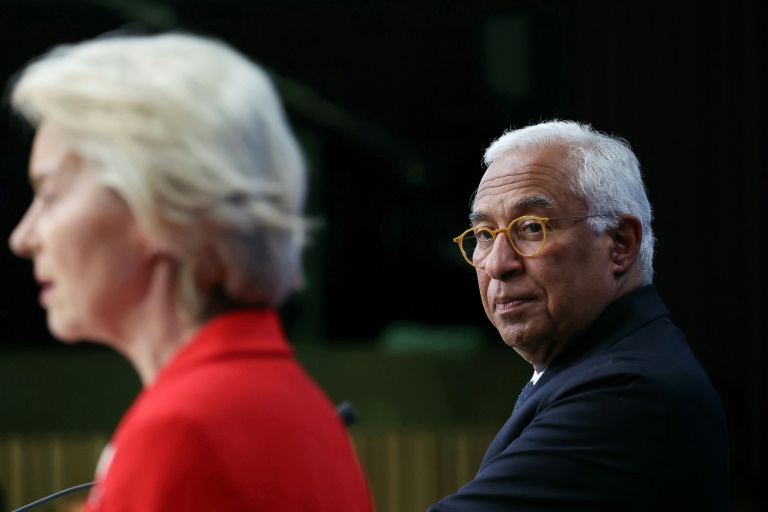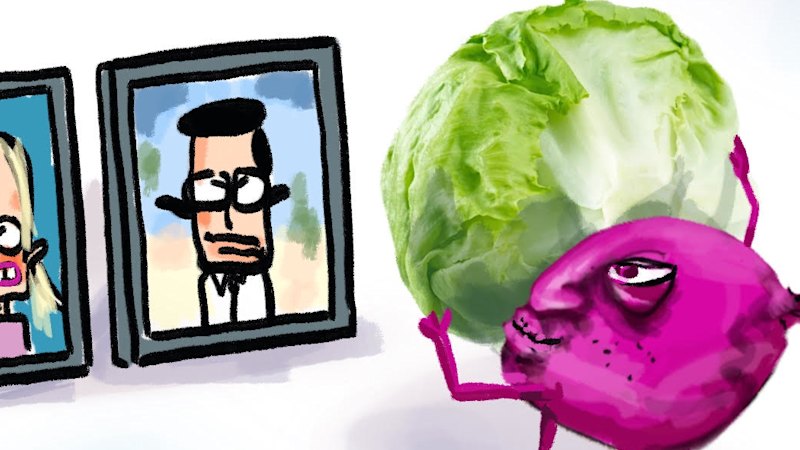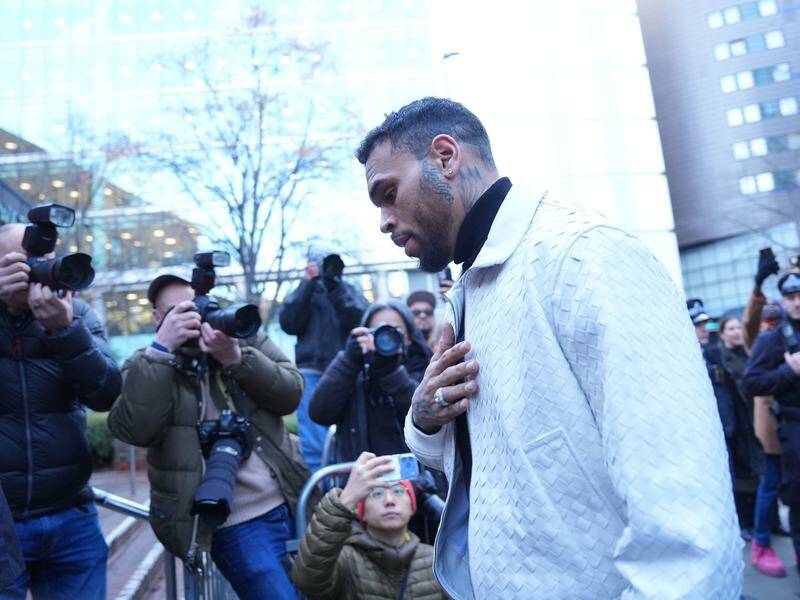
Chinese President Xi Jinping emphasized the necessity of strengthening trust between China and the European Union during a summit in Beijing on March 14, 2024. Hosting key EU leaders, including Ursula von der Leyen, President of the European Commission, and Antonio Costa, President of the European Council, Xi highlighted the importance of finding “common ground” amid a backdrop of significant global challenges.
Despite the summit marking an occasion to celebrate 50 years of diplomatic relations, both sides faced a multitude of grievances that set the stage for a contentious meeting. Among the core issues discussed were trade imbalances, the ongoing Ukraine conflict, and human rights concerns, all of which have contributed to rising tensions between the two economic giants.
Xi stated, “The more severe and complex the international situation is, the more important it is for China and the EU to strengthen communication, increase mutual trust, and deepen cooperation.” His remarks underscored China’s aspiration to position itself as a more reliable partner than the United States in the global arena.
In her arrival post on X, von der Leyen expressed optimism about the summit, stating it presented “the opportunity to both advance and rebalance our relationship.” Yet, a senior EU official acknowledged that the discussions might be fraught with tension. “We know that we don’t see eye to eye with China on many issues,” the official said, emphasizing the necessity for “very direct and open and constructive conversation.”
Trade Imbalance and Economic Tensions
A primary concern for the EU is its substantial trade deficit with China, which stood at approximately $360 billion last year. Von der Leyen described this situation as “unsustainable,” signaling Brussels’ intention to demand improved market access for European companies and a reduction in export controls on vital rare earth materials.
China has countered these requests, urging Brussels to “rebalance its mentality” rather than its economic relations. The EU has also imposed significant tariffs on electric vehicles imported from China, arguing that Chinese industrial subsidies undermine European competitors. In response, China initiated investigations into imports of European pork, brandy, and dairy products, viewed as retaliatory measures.
Geopolitical Concerns and the Ukraine Conflict
Another focal point of contention is China’s relationship with Russia, particularly in light of the ongoing war in Ukraine. The EU has expressed concerns that China’s deepening political and economic ties with Russia since the invasion in 2022 signify tacit support for Moscow, which has allowed the Russian economy to withstand extensive Western sanctions.
Brussels recently implemented a new package of sanctions on Russia, which included measures affecting two Chinese banks. China’s Commerce Minister issued “solemn representations” to his EU counterpart regarding these sanctions, highlighting the strain on diplomatic relations. The EU official remarked, “This is a core issue for Europe,” noting that Chinese companies supply around 80 percent of dual-use goods—items that can serve both civilian and military purposes—to Russia.
As the summit unfolded, Beijing acknowledged that its relations with the EU were at a “pivotal juncture.” The Chinese foreign ministry spokesperson, Guo Jiakun, stated that the summit “serves the interests not only of both parties but also of the whole world,” emphasizing the need for cooperation amid rising unilateralism and protectionism.
While Brussels remains cautious about expectations, officials pointed to areas such as climate change where collaboration could be more feasible. Analysts, however, suggest that tangible progress on critical issues remains unlikely. Abigael Vasselier from the MERICS think tank noted that the summit would not alter the trajectory of Europe-China relations, which have been characterized by ongoing deterioration.
She highlighted that Europe must prepare for a long-term struggle and consider a reevaluation of its strategy towards China. As both sides continue to navigate complex challenges, the outcome of this summit could shape future interactions between these significant global players.






